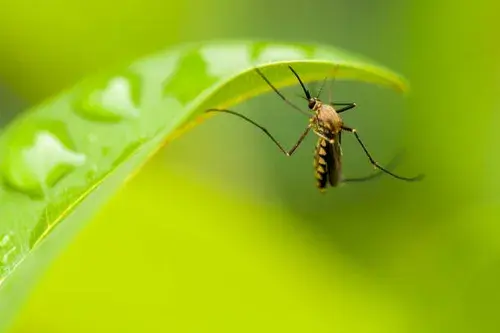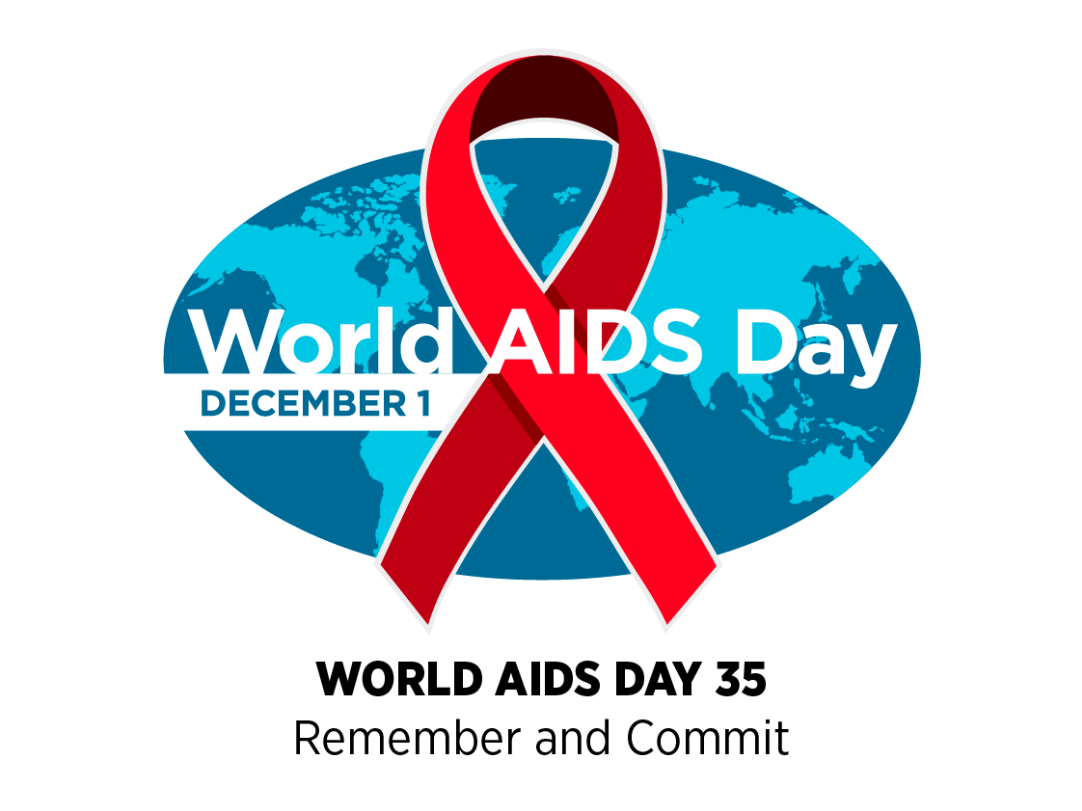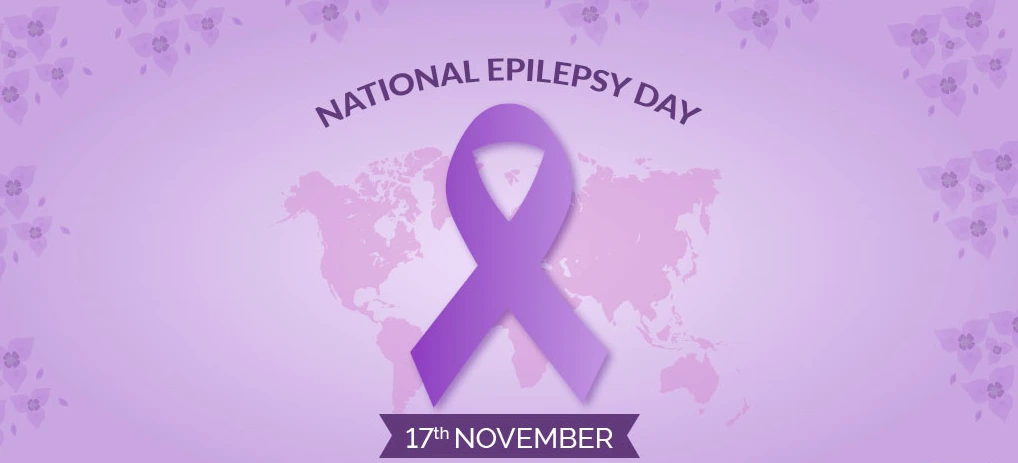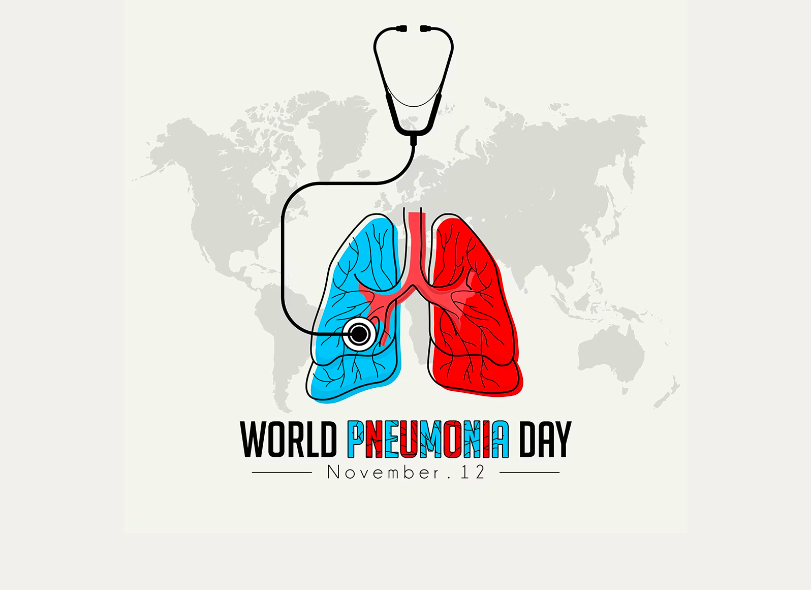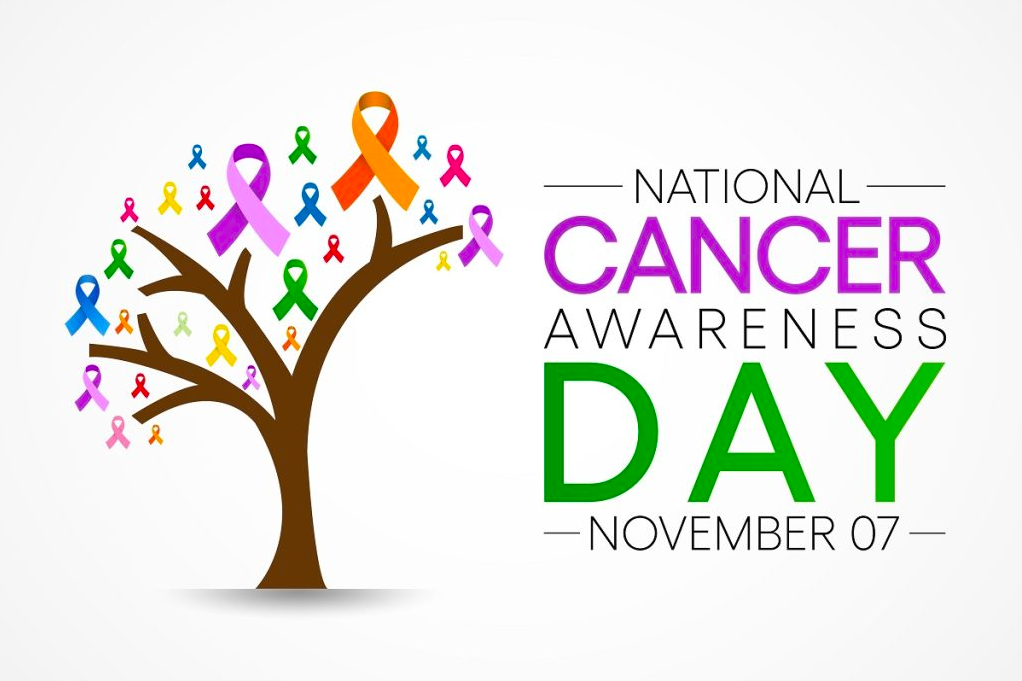Are you feeling under the weather because of dengue? Do you want to recover faster and get back to your normal life? If so, you are not alone. Dengue is a common and serious disease caused by mosquito bites. It can make you feel tired, feverish, and even cause a rash. But don’t worry, there is a way to fight back. In this guide, we will show you how to boost your immune system and heal your body with a balanced and healthy diet. Follow these simple tips and you will be on your way to wellness in no time.
What is Dengue and How Does It Affect You?
Dengue is a viral infection that spreads through the bite of an infected mosquito. There are four types of dengue viruses, and each one can cause different symptoms. Some of the common signs of dengue are:
- High fever
- Headache
- Muscle and joint pain
- Nausea and vomiting
- Rash
- Bleeding gums or nose
Dengue can also lead to complications such as dengue hemorrhagic fever or dengue shock syndrome, which can be life-threatening. Therefore, it is important to seek medical attention as soon as possible if you suspect you have dengue.

How Can Diet Help You Recover from Dengue?
Diet plays a crucial role in helping you recover from dengue. A good diet can provide you with the nutrients and fluids you need to restore your energy, repair your tissues, and strengthen your immune system. Here are some of the key dietary components that can help you overcome dengue:
- Fluids: Fluids are essential for keeping your body hydrated and preventing dehydration, which can worsen your symptoms. Drink plenty of water, coconut water, and fresh fruit juices throughout the day. Avoid caffeinated, alcoholic, or carbonated beverages, as they can dehydrate you further.
- Protein: Protein is the building block of your cells and tissues. It helps you heal faster and prevent muscle loss. Include lean sources of protein such as chicken, fish, eggs, milk, yogurt, cheese, tofu, beans, lentils, and nuts in your meals and snacks.
- Vitamin C: Vitamin C is a powerful antioxidant that helps fight infections and inflammation. It also boosts the production of white blood cells, which are your body’s natural defenders against germs. Eat foods rich in vitamin C such as oranges, lemons, grapefruits, strawberries, kiwis, guavas, papayas, tomatoes, bell peppers, broccoli, and cabbage.
- Iron: Iron is a mineral that helps carry oxygen to your cells and organs. It also supports the formation of new red blood cells, which can be reduced by dengue. Eat iron-rich foods such as spinach, kale, beetroot, carrots, pumpkin seeds, sesame seeds, dates, raisins, prunes, and fortified cereals.
- Anti-Inflammatory Foods: Anti-inflammatory foods are foods that help reduce swelling and pain in your body. They also have antibacterial and antiviral properties that can help fight off dengue germs. Some of the best anti-inflammatory foods are garlic, ginger, honey, turmeric, cinnamon, cloves, basil, oregano, and mint.

What Foods Should You Avoid When You Have Dengue?
While some foods can help you recover from dengue faster than others.
Some foods can make your condition worse or interfere with your treatment. Here are some foods that you should avoid when you have dengue:
- Sugary Foods: Sugary foods such as candies, chocolates, cakes, pastries, ice creams, sodas, and energy drinks can increase your blood sugar levels and feed the dengue virus. They can also lower your immunity and make you more prone to infections.
- Spicy and Fried Foods: Spicy and fried foods such as chili peppers, hot sauces, curries, samosas, pakoras, and french fries can irritate your digestive system and worsen nausea or vomiting.

How to Prevent Dengue from Spreading?
The best way to prevent dengue is to avoid getting bitten by mosquitoes. Mosquitoes that carry dengue are most active during the day, especially in the early morning and late afternoon. They breed in stagnant water and can be found in places such as flower pots, buckets, tires, cans, and barrels. Here are some tips to prevent mosquito bites and stop dengue from spreading:
- Wear Protective Clothing: Wear long-sleeved shirts, pants, socks, and shoes that cover your skin. Choose light-colored clothing, as mosquitoes are attracted to dark colors.
- Use Mosquito Repellent: Apply mosquito repellent on your exposed skin areas, such as your neck, arms, legs, and feet. Choose a repellent that contains DEET, picaridin, IR3535, or oil of lemon eucalyptus. Reapply it every few hours or as directed on the label.
- Install Screens and Nets: Install screens on your windows and doors to keep mosquitoes out of your home. Use mosquito nets over your bed, crib, or stroller when you sleep or rest. Make sure there are no holes or gaps in the screens or nets.
- Eliminate Breeding Sites: Eliminate any sources of stagnant water around your home or workplace. Change the water in flower vases, bird baths, pet bowls, and fountains every week. Dispose of any containers that can collect water, such as cans, bottles, cups, and wrappers. Cover any water tanks, barrels, or drums with tight lids or mesh.

How to Take Care of Yourself?
Besides following a nutritious diet and preventing mosquito bites, there are some other things you can do to take care of yourself when you have dengue. Here are some suggestions:
- Rest Well: Rest is vital for your recovery from dengue. Try to get at least eight hours of sleep every night and take naps during the day if you feel tired. Avoid strenuous activities such as exercise, sports, or work until you feel better.
- Monitor Your Temperature: Monitor your temperature regularly with a thermometer and keep a record of it. If your fever goes above 38°C (100.4°F), take a sponge bath with cool water or apply cold compresses on your forehead, neck, and armpits to lower it.
- Check Your Blood Pressure: Check your blood pressure regularly with a blood pressure monitor or at a clinic or pharmacy. If your blood pressure drops below 90/60 mmHg, you may have dengue shock syndrome, which is a medical emergency. Seek immediate medical attention if this happens.
- Watch for Warning Signs: Watch for any signs of complications such as severe abdominal pain, persistent vomiting, difficulty breathing, bleeding gums or nose, blood in urine or stool, or cold or clammy skin. These could indicate dengue hemorrhagic fever or dengue shock syndrome, which require urgent medical care.
Conclusion
Dengue is a serious disease that can affect anyone at any time. However, by following a nutritious diet and preventing mosquito bites, you can reduce your risk of getting infected and speed up your recovery if you do get sick. Remember to eat well, drink plenty of fluids, rest well, and seek medical help if needed. You are not alone in this fight against dengue. We are here to support you and provide you with the best information and advice possible.
Read More:
How to Survive Dengue Fever: Essential Tips You Need to Know
Association between nutritional status and dengue infection: a systematic review and meta-analysis

